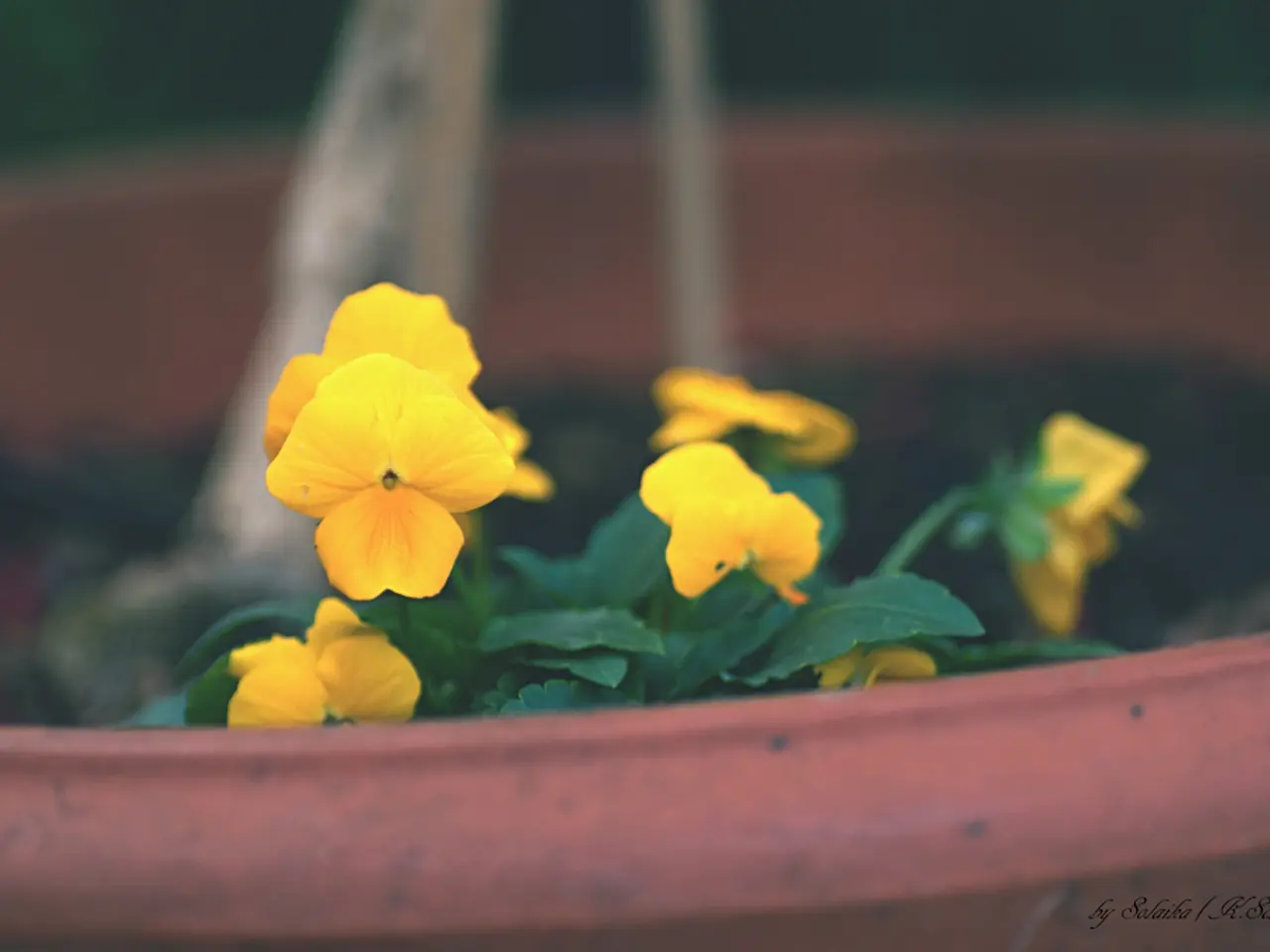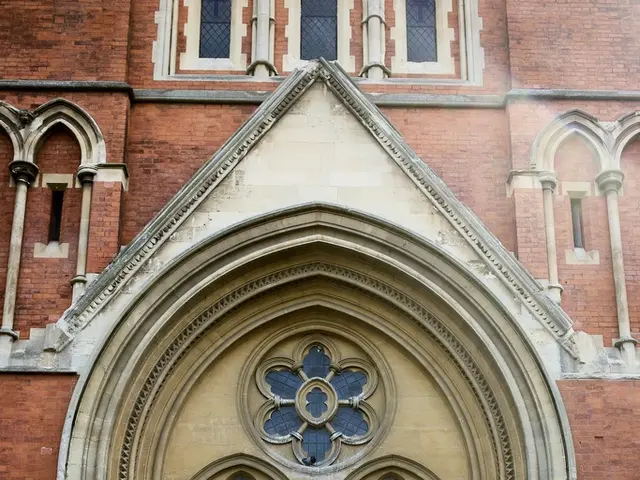Bonsai Contest Photography: Portraying Splendor and Techniques in Miniature Tree Artistry
Photographing bonsai trees is an art form that requires careful consideration of light, composition, and background selection. By focusing on these elements, you can create images that truly capture the intricate details, form, and atmosphere of these miniature marvels.
Light
The use of soft, natural light is crucial in bonsai photography. Early morning or late afternoon light provides gentle illumination that reveals fine details and natural colours without creating harsh shadows or blown-out highlights. Direct midday sun, on the other hand, can create strong contrasts and distract from the bonsai's subtleties.
To achieve the best results, consider using a reflector or diffused flash to fill in shadows evenly, maintaining a balanced exposure.
Composition
Composing your shot to focus on the bonsai's structure and character is essential. Choose the best angle that reveals its unique silhouette and layers. A shallow depth of field (wide aperture) can blur distracting elements and isolate the bonsai against a soft background, directing the viewer's attention to the tree.
Applying the rule of thirds or golden ratio to place the bonsai off-centre creates a more dynamic and harmonious composition. Experimenting with low or slightly elevated angles can capture the bonsai's perspective as if it were a full-sized tree, enhancing the miniature illusion.
Background Selection
A simple, non-distracting background that contrasts gently with the bonsai is ideal. Neutral tones like dark greens, browns, or black often work well. Natural backgrounds such as moss, rocks, or garden scenes can enhance the bonsai's authentic feel but should remain unobtrusive.
Avoid busy or brightly coloured backgrounds, especially indoors. If shooting indoors, use a plain backdrop or a fabric screen to isolate the tree and accentuate its features.
Ideal Conditions
The ideal time for outdoor bonsai photography is during the gentle hours of dawn and dusk. These periods offer soft, diffused light that accentuates the bonsai's delicate features and textures.
When photographing large bonsai trees in small spaces, utilize a wide-angle lens, strategically position the tree, and employ a low-angle shot. A macro lens (50-100mm) and a tripod are necessary for sharp, detailed images of intricate bonsai features.
A digital single-lens reflex (DSLR) or mirrorless camera with interchangeable lenses is essential for high-quality bonsai photography.
Capturing the Essence
Capturing the bonsai's unique character and spirit is essential to convey its profound beauty. By combining these approaches—soft natural light, focused composition emphasizing depth and silhouette, and clean, unobtrusive backgrounds—you can capture photographs that express the bonsai's miniature majesty and artistic essence effectively.
These insights are aligned with general photography principles regarding exposure and composition, adapted specifically for capturing the delicate and detailed nature of bonsai. Photographers must employ techniques that reveal the intricate details and nuances of each bonsai, elevating them to an ethereal plane where art and nature converge. Exceptional bonsai competition photography distills the essence of these miniature marvels, making them appear as if they belong on an ethereal plane where art and nature converge.
[1] Photography Guide for Bonsai Lovers [2] Bonsai Photography Techniques [3] Mastering Bonsai Photography [4] Bonsai Photography Tips [5] The Art of Bonsai Photography
Home-and-garden hobbies often include bonsai tree cultivation, providing miniature marvels that require meticulous care and attention. To enhance the appeal of these intricate propositions, a carefully considered lifestyle may incorporate photographing them.
By capturing the subtle details, form, and atmosphere of bonsai trees through soft, natural light, well-composed shots, and unobtrusive backgrounds, one can create compelling home-and-garden photographs that truly celebrate these artistic wonders.




